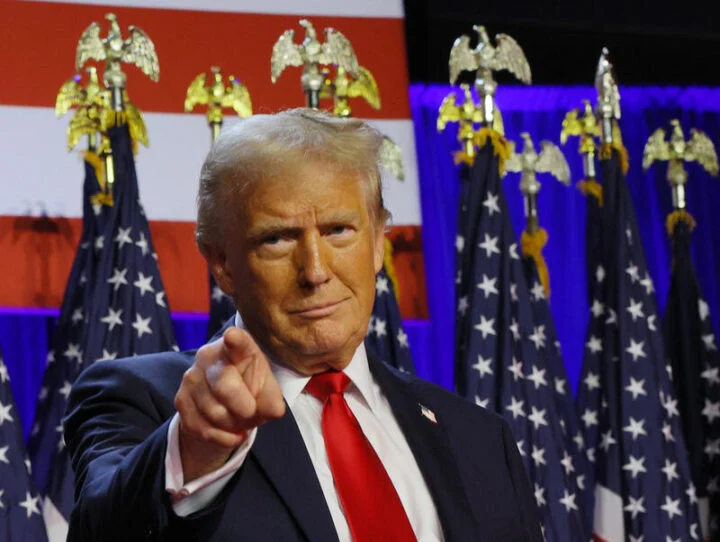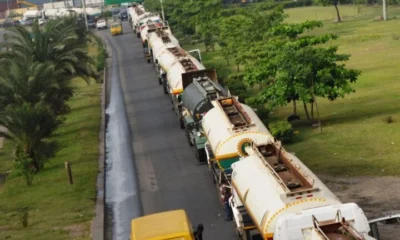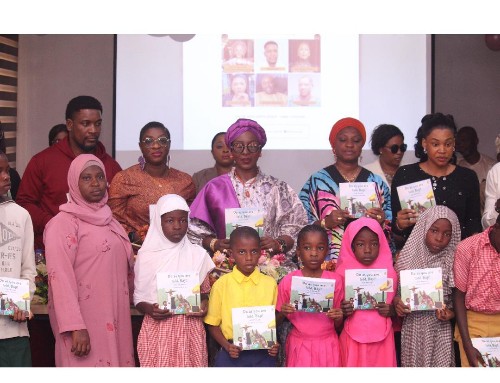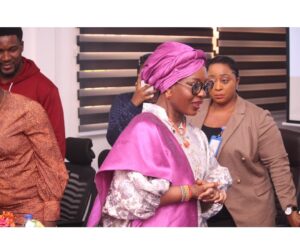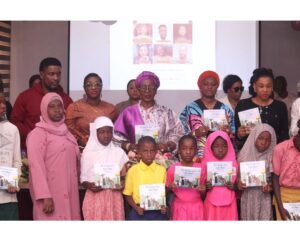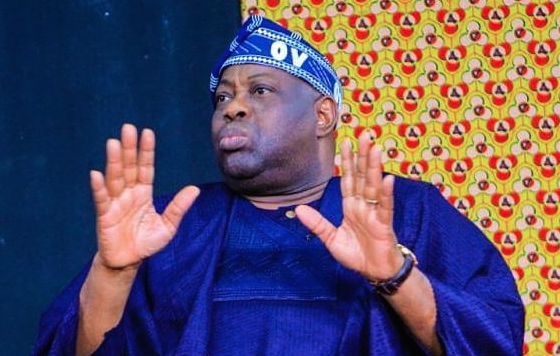Environmentalists are concerned that Donald Trump’s victory in the United States presidential election could undermine global efforts to address climate change.
On Wednesday, Trump defeated Vice-President Kamala Harris to become the 47th president of the US.
His win has sparked reactions from climate advocates, who fear that his return to power could weaken international climate commitments, especially as the world prepares for the COP29 in Baku, Azerbaijan.
Daniel Gwary, director of arid zone studies at the University of Maiduguri, warned that Trump’s victory could dampen enthusiasm among nations attending COP29 to increase their emission reduction commitments.
Gwary cautioned that developed countries might be less inclined to provide greater financial support for loss and damage, as well as adaptation, which are key concerns for developing nations.
“He cannot continue to be in self-denial that we now have a climate emergency that requires united global action under the Paris Agreement to protect our planet,” Gwary said.
“Analysts believe that Mr Trump is likely to revise the US climate law and strike a cautious balance of staying with some commitment to reduce carbon emissions but not accepting his country to take the expected leadership of driving climate action.
“The European Union and China will have to drive the tricycle without the US under the Trump administration.”
Nnimmo Bassey, executive director of Health of Mother Earth Foundation, warned that Trump’s victory could lead to higher emissions and widen financial gaps in addressing climate change.
“It will be a sad day if Trump again pulls away from climate negotiations as he did during his first coming,” Bassey said.
“His campaign promises to ‘drill baby drill’ will also compound the climate crisis, seeing that existing oil reserves are unburnable if the world hopes to avoid catastrophic global warming.
“His victory will already damper whatever hopes some may have had on COP29, delivering any serious signals that the widening emissions and financial gaps would be narrowed.”
Faten Aggad, executive director of the African Future Policies Hub, expressed concerns about the potential consequences of Trump’s policies on Africa, particularly in relation to the African Growth and Opportunity Act (AGOA), which aims to enhance trade relations between the US and sub-Saharan Africa.
Aggad warned that a trade war with China could disrupt supply chains and impact access to key green technologies, making a successful green transition more difficult for developing nations.
“One of the key questions for Africa relates to the trade agenda of the Trump administration,” Aggad said.
“Specifically, how his administration will handle the negotiations around AGOA and what impact would a likely acceleration of the trade war with China have on supply chains—and, therefore, the affordability and access to key green technologies? A successful green transition hinges on trade cooperation, and the likely increased protectionism in the US, which is likely to be mimicked in the EU, is a concern.”
One of the most pressing fears surrounding Trump’s second term is the potential for a second US withdrawal from the Paris Agreement, a treaty in which nations committed to limiting global warming to 1.5°C.
In 2017, during his first presidency, Trump announced the US’s departure from the accord, a decision that was met with global criticism.
Although Trump’s inauguration is not set until January 2025, his election has cast a shadow over the upcoming COP29, which is being billed as a “finance COP.”
The summit will see Global South countries, including those in Africa, calling for a new $1 trillion climate finance goal to help them adapt to climate change.
Mohamed Adow, founder of the climate think tank Power Shift Africa, said Trump’s victory “puts COP29 in great limbo,” noting that the world could not afford another US exit from the Paris Agreement.
He called for continued climate action and justice, as millions of vulnerable people are facing the impacts of climate change globally.
“The gavel has fallen on the US elections. The uncertainty of this election has disrupted progress in climate negotiations for months. At the Bonn session in June, developed countries were too cautious to pledge any money for climate finance,” Adow said.
“The victory of President-elect Donald Trump puts increased scrutiny on this COP.
“Baku is expected to and must deliver a clear plan for climate finance for the vulnerable communities of the world.
“Only an ambitious new finance goal in Baku will protect the current climate momentum from a potentially disastrous Trump presidency.
“This is a moment of profound apprehension in global climate diplomacy. But not one to cower from in dread.”
Former Kenyan Prime Minister Raila Odinga also weighed in, emphasizing the importance of US leadership in providing grants-based climate finance to meet the adaptation and mitigation needs of developing countries.
“Actions of the United States on climate change at home and globally will shape how Africa, a continent that is least responsible for the climate crisis yet suffering most from climate impacts, will navigate its development path, deliver energy access to over 600 million people who are without electricity access today,” Odinga said.
“Climate negotiations at COP29 in Baku, coming on the back of US elections, is a perfect opportunity for the US to step up and be a global steward of the planet.”

 BIG STORY5 days ago
BIG STORY5 days ago
 BIG STORY3 days ago
BIG STORY3 days ago
 BIG STORY4 days ago
BIG STORY4 days ago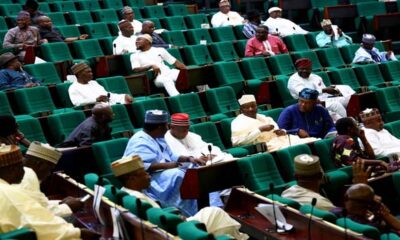
 BIG STORY4 days ago
BIG STORY4 days ago
 BIG STORY3 days ago
BIG STORY3 days ago
 BIG STORY19 hours ago
BIG STORY19 hours ago
 BIG STORY20 hours ago
BIG STORY20 hours ago
 BIG STORY20 hours ago
BIG STORY20 hours ago




